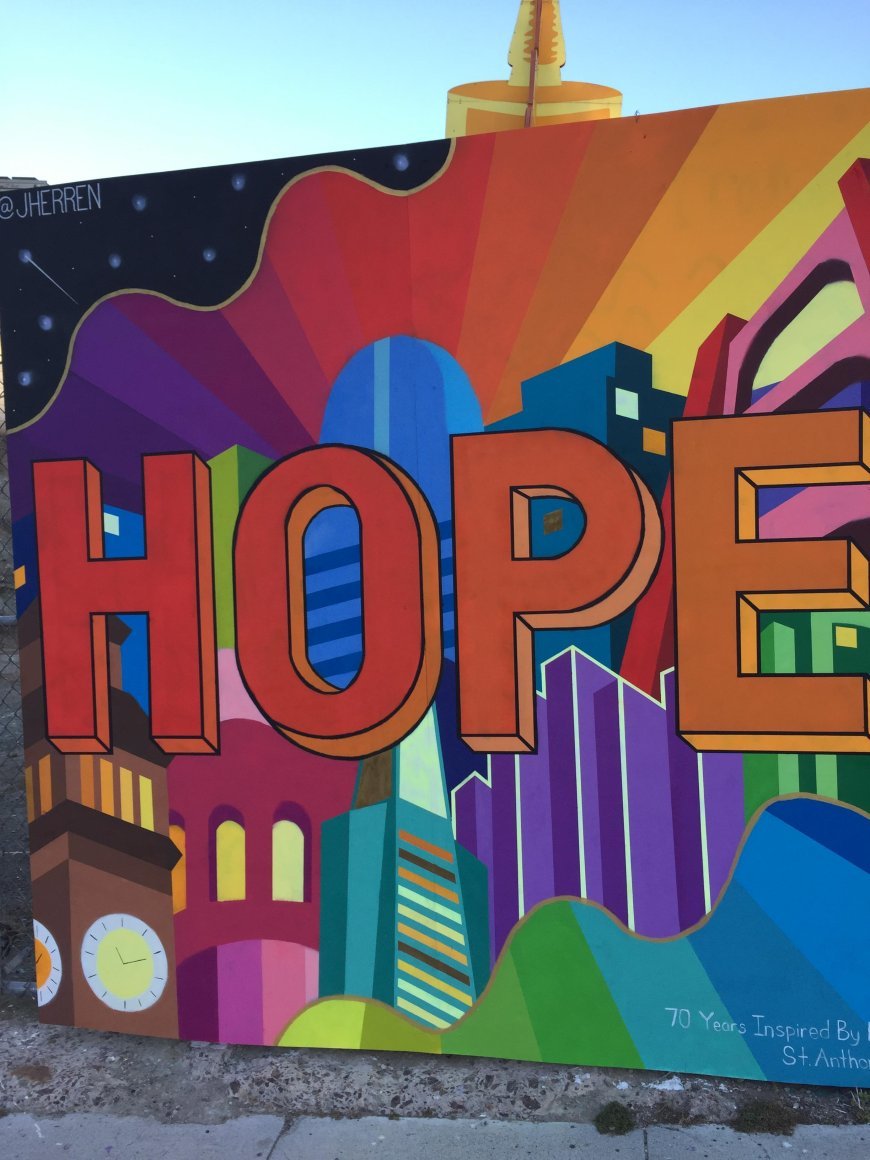Leading Your Nonprofit with Hope, Not Optimism
What will you hope for in the coming year? Some years ago a college classmate sent me and others this question by way of a year-end holiday missive, ruminating on how hope and optimism are similar yet different. It struck a chord with me (Thank you David Mahoney). You see, I’m not generally an optimist.… The post Leading Your Nonprofit with Hope, Not Optimism appeared first on Clairification.

 What will you hope for in the coming year?
What will you hope for in the coming year?
Some years ago a college classmate sent me and others this question by way of a year-end holiday missive, ruminating on how hope and optimism are similar yet different. It struck a chord with me (Thank you David Mahoney).
You see, I’m not generally an optimist. Yet I’m often hopeful.
I’d just never taken time to actively consider how these concepts are different. Now I have, and I think it matters.
Especially in times of transition, like the times we’re now in.
So, as we approach critical elections in the U.S., face wars on several fronts throughout the world, look into the eye of the storm (so to speak) as the globe experiences the fallout of changing weather patterns, find ourselves on the brink of revolutionary technological breakthroughs that will significantly impact our lives — not to mention the challenges you and your organization face on a regular basis — I want to share my thoughts with you in this article.
Hope is Active; Optimism is Passive
Optimism and hope are often used interchangeably; they’re not.
“Optimism is the belief that things are going to get better. Hope is the belief that we can make things better. Optimism is a passive virtue; hope is an active one. It takes no courage to be an optimist, but it does need courage to hope.”
“Hope is not costless in the way that optimism is. It carries with it a considerable price. Those who hope refuse to be comforted while the hoped-for outcome is not yet reached.”
— Rabbi Ben Sacks, English religious leader, author and philosopher
Similar thoughts are contained in the writings of the embattled first President of the Czech Republic.
“Hope is a state of mind, not of the world. Hope, in this deep and powerful sense, is not the same as joy that things are going well, or willingness to invest in enterprises that are obviously heading for success, but rather an ability to work for something because it is good.
Hope is definitely not the same thing as optimism. It is not the conviction that something will tum out well, but the certainty that something makes sense, regardless of how it turns out.”
— Vaclev Havel, President, Czech Republic, playwright
When you understand the difference between hope and optimism this way, the question of what you will hope for in the coming year translates to:
What good outcome will you actively work towards in the coming year?
Hope is Not Irrational
Reframing hope as active, not passive, is helpful to me.
I’m expectant it will be helpful to you as well. It’s difficult to be optimistic when the evidence around us is so much to the contrary. Whether it’s a pandemic, climate change, social unrest, inequality, bigotry, hatred, injustice, partisan politics… there are so, so many things it seems hard to avoid, outrun or control. The state of our world today can make optimism seem downright irrational.
But not hope.
With hope you can say: “All these bad things are happening, but I believe… I hope… I can create some good.
The post Leading Your Nonprofit with Hope, Not Optimism appeared first on Clairification.
What's Your Reaction?




















